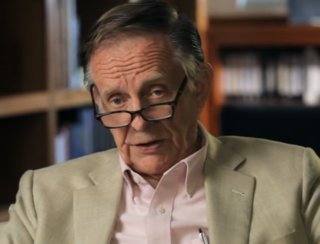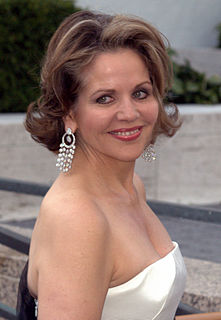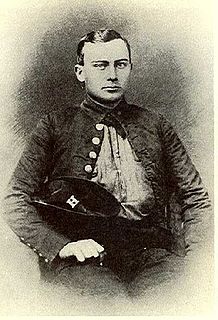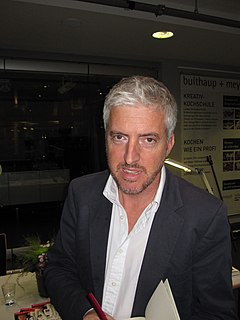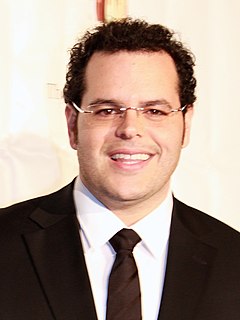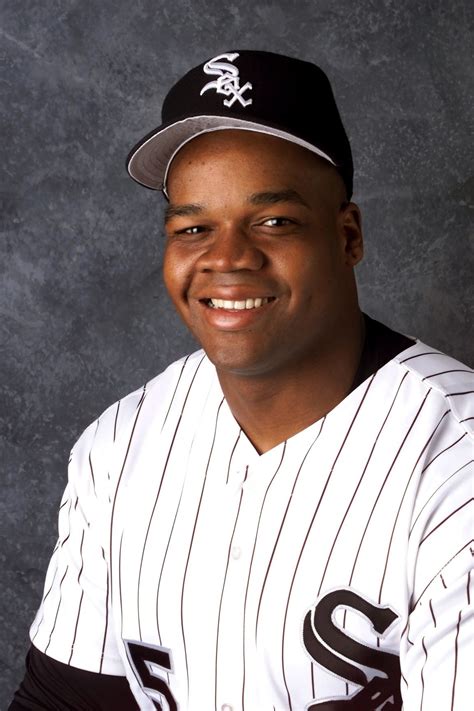A Quote by Richard Bushman
Early readers assumed the Book of Mormon people ranged up and down North and South America from upstate New York to Chili. A close reading of the text reveals it cannot sustain such an expansive geography.
Related Quotes
I'm drawn to write about upstate New York in the way in which a dreamer might have recurring dreams. My childhood and girlhood were spent in upstate New York, in the country north of Buffalo and West of Rochester. So this part of New York state is very familiar to me and, with its economic difficulties, has become emblematic of much of American life.
A good analogy [Charlie Hebdo] in lots of ways is "South Park" - the hugely popular American cartoon show - and the things that the "South Park" creators have created, like "The Book Of Mormon," the Broadway musical. If I were a devout Mormon, I would be offended by a lot of things that go on in "The Book Of Mormon," right? It mocks mercilessly the pretensions to truth of Mormonism and the pretensions to virtue of Mormon missionaries.
Chapter One. The Bride." He held up the book then. "I'm reading it to you for relax." He practically shoved the book in my face. "By S. Morgenstern. Great Florinese writer. The Princess Bride. He too came to America. S. Morgenstern. Dead now in New York. The English is his own. He spoke eight tongues." Here my father put down the book and held up all his fingers. "Eight. Once in Florin City...
South America had been an island continent, far bigger and far more diverse than Australia, for tens of millions of years before the Isthmus of Panama rose just a couple of million years ago. The resulting flood of North American mammals across the new land bridge corresponds in time with the decimation of the native South American fauna. In fact, most large mammals generally considered distinctly South American... are all recent migrants from North America.
In America, and no doubt elsewhere, we have such a tendency toward the segregation of cultural products. This is a black book, this is a gay book, this is an Asian book. It can be counterproductive both to the literary enterprise and to people's reading, because it can set up barriers. Readers may think, "Oh, I'm a straight man from Atlanta and I'm white, so I won't enjoy that book because it's by a gay black woman in Brooklyn." They're encouraged to think that, in a way, because of the categorization in the media.
